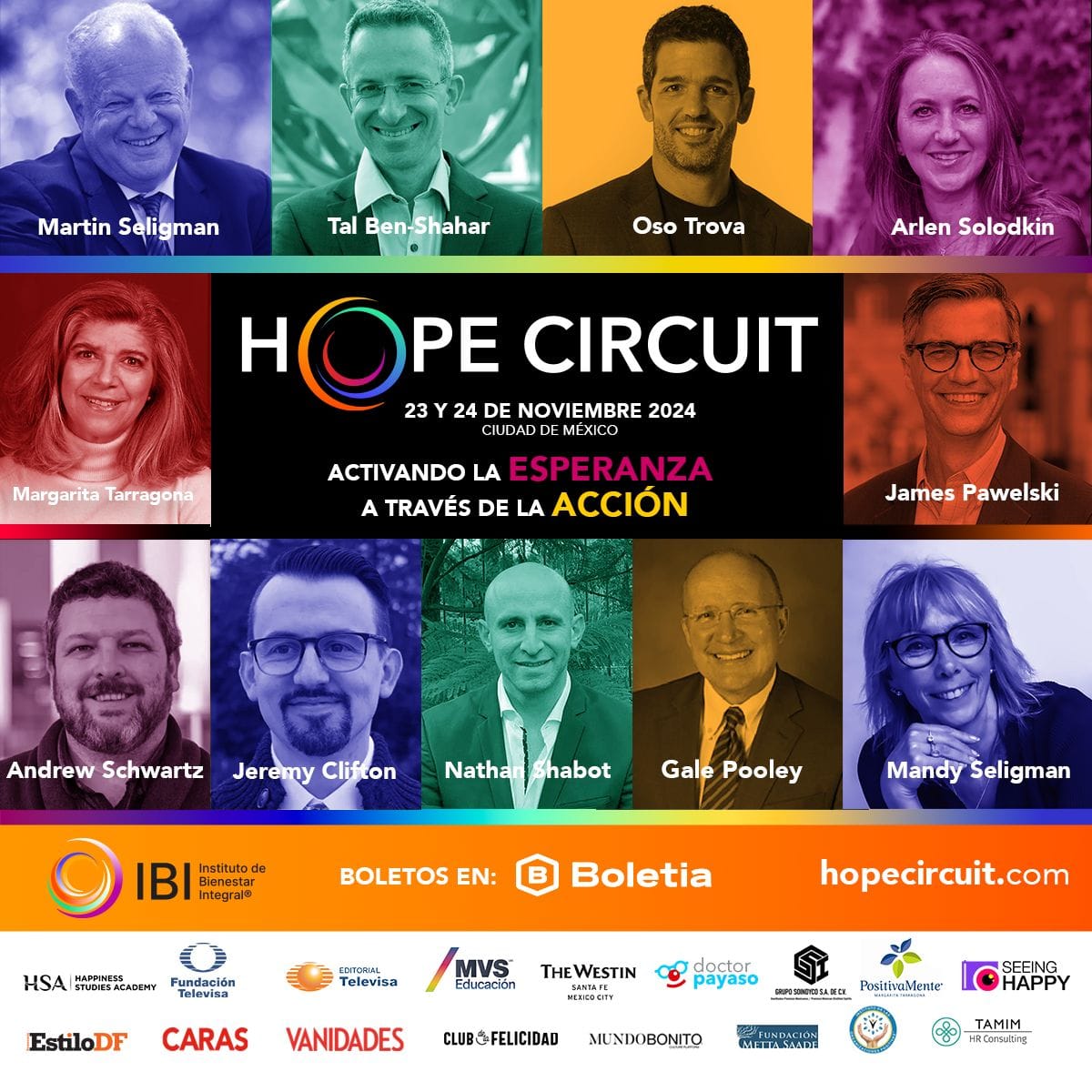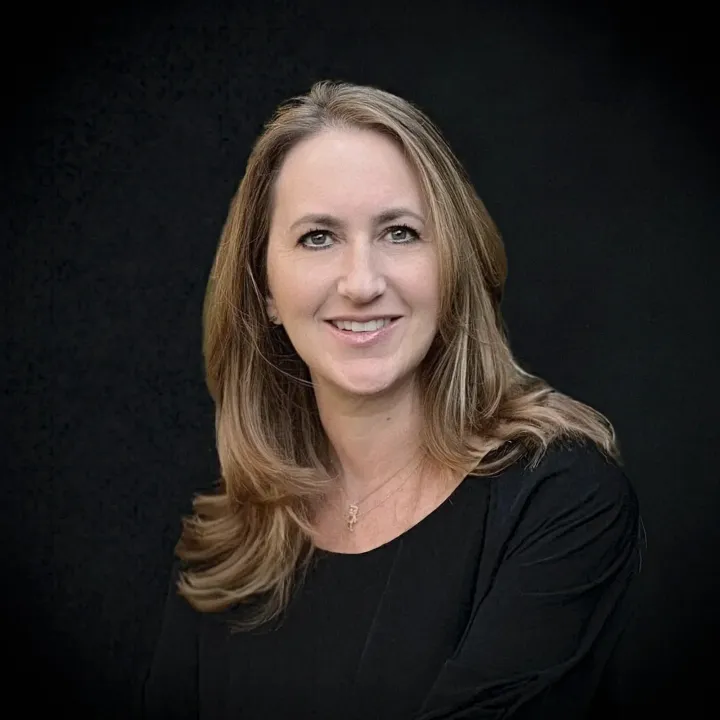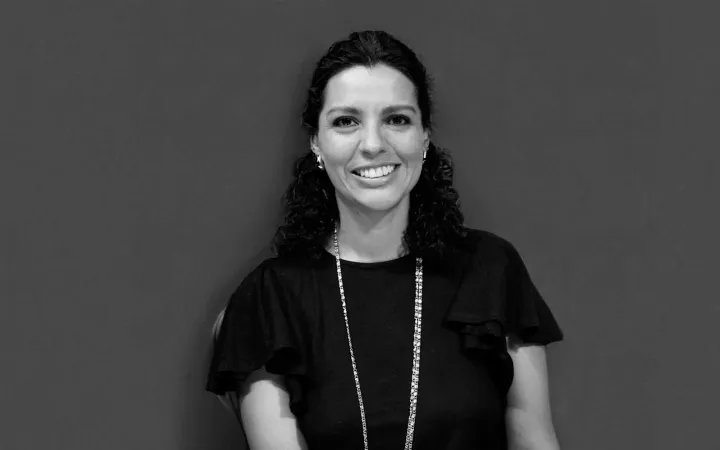Por Arlen Solodkin

El 10 de octubre se designó como el Día Mundial de la Salud Mental por la Organización Mundial de la Salud y nos recuerda lo importante que es este aspecto de nuestra vida para lograr un bienestar integral. El objetivo más importante es no solo crear conciencia entre la población de la relevancia de cuidar nuestro estado de salud mental, sino también romper los estigmas y mitos que rodean los problemas de salud mental.
Las barreras sociales son evidentes en nuestro país, donde solo 2 de cada 10 personas con problemas de salud mental recurren a un especialista. En México, muchas personas aún evitan acudir al psicólogo o a terapia, porque existe una percepción generalizada de que solo aquellos que enfrentan problemas graves de salud mental deben hacerlo. De hecho, el estigma de los trastornos de la mente y las emociones sigue siendo muy prevalente. Esta creencia hace que, ante un problema emocional, muchas personas opten por el silencio y el autoaislamiento en lugar de buscar apoyo profesional.
Según las autoridades de salud de nuestro país, a raíz de la pandemia, más de 3 millones de mexicanos han presentado algún tipo de depresión o trastorno en la salud mental y muchas veces se agudiza en los entornos laborales debido al sobre trabajo, estrés prolongado o falta de relaciones de calidad entre los compañeros.
Más allá de los datos alarmantes sobre los crecientes casos de depresión, ansiedad y problemas de salud mental, como fundadora y directora del Instituto de Bienestar Integral me parece relevante hablar de cuáles son las áreas de investigación y aplicaciones prácticas de lo que se conoce como la psicología positiva, que pueden ayudarnos a mejorar el bienestar integral de las personas en México.
Hoy en día tenemos más acceso a información y herramientas tecnológicas que nunca, lo que nos permite tener un impacto significativo en nuestras vidas y en el mundo que nos rodea. La tecnología puede ser como un cuchillo de dos filos, por un lado, nos ayuda a magnificar nuestra voz, logrando que nuestros mensajes lleguen al otro lado del mundo; por el otro, cuando las usamos sin control y en exceso, pueden tener un impacto en nuestra salud mental.
Un ejemplo son las redes sociales, las cuáles, sin control, pueden afectarnos emocionalmente. No obstante, estas plataformas digitales, también pueden ser un canal predictivo y de intervención. También tenemos un área de oportunidad con el ‘boom’ de la inteligencia artificial (IA), que ya se está empleando en varios proyectos.
Por ejemplo, el proyecto World Wellbeing liderado por Andrew Schwartz quien estará en noviembre en Ciudad de México en el encuentro Hope Circuit, el cual reúne a las mentes más brillantes de todo el mundo en psicología positiva, desarrollo humano y felicidad para sentar las bases y seguir el objetivo marcado por el doctor Martin Seligman, padre de la psicología positiva, de que el 51% de la población esté floreciendo para 2051.
En este proyecto de la universidad de Pensilvania, un grupo de psicólogos trabaja con herramientas de inteligencia artificial con fines diagnósticos y predictivos analizando el lenguaje, sobre todo en plataformas digitales como son las redes sociales donde millones de personas en todo el mundo publican miles de millones de palabras a diario.
Los especialistas que trabajan en esta iniciativa tratan de entender cómo el lenguaje puede dar clave para poder reconocer cuando hay tendencias en problemas de salud física, psicológica o mental de los usuarios. Los modelos de intervención que han desarrollado a través de IA buscan promover la salud mental.
La investigación se basó en un seguimiento a 75 mil voluntarios los cuales completaron un cuestionario de personalidad a través de la aplicación de Facebook. Los participantes permitieron a los investigadores controlar y tener acceso a sus actualizaciones de estado con la finalidad de buscar patrones lingüísticos generales de acuerdo al lenguaje que usaban en la red social.
Posteriormente, los psicólogos crearon nubes de palabras que resumían el lenguaje que predecía estadísticamente un rasgo de personalidad determinado. Así, por ejemplo, una nube de palabras puede mostrar el lenguaje utilizado por una persona extrovertida con palabras como “fiesta”, “gran noche” o “contáctame”; mientras que en la nube de palabras del rasgo de personalidad de aquellos que tenían menos puntuación en introvertido, se identificaron palabras asociadas a actividades sociales como “snowboard” o “baloncesto”.
De esta forma, las palabras se pueden correlacionar y asociarse con rasgos de personalidad o estados de ánimo. El proyecto busca implementar la IA para desarrollar nuevas técnicas con las que se pueda medir el bienestar psicológico y físico, basadas en el lenguaje utilizado en las redes sociales. Los resultados han arrojado nueva luz sobre cómo los procesos psicosociales afectan la salud y la felicidad, y permiten desarrollar medidas de bienestar para complementar (y en parte reemplazar) métodos de encuesta costosos tradicionales.
Un ejemplo de cómo la tecnología puede ofrecernos nuevas formas de detectar procesos de deterioro en la salud física, mental o emocional y abrir puertas para ayudar, informar, canalizar con expertos y quizás, atender algunas de las situaciones a tiempo.
**SOBRE HOPE CIRCUIT
Hope Circuit es el encuentro internacional que reúne a los líderes más reconocidos en los campos del bienestar integral, la felicidad y el progreso humano; que se llevará a cabo el 23 y 24 de noviembre en el Hotel Westin de Santa Fe, como la primera de otras acciones que buscan crear un futuro más positivo para México. En las próximas publicaciones compartiremos herramientas prácticas y los hallazgos de líderes mundiales que estarán en Hope Circuit, como el Dr. Martin Seligman, considerado uno de los psicólogos más influyentes de nuestros tiempos; el Dr. Tal Ben-Shahar, profesor del curso más popular en la Universidad de Harvaro Andrew Schwartz, director del World Wellbeing Project, con el fin de desafiar el estatus quo y enriquecer a nuestra comunidad para que juntos podamos encontrar soluciones que nos ayuden a construir un futuro de mayor optimismo, empatía y esperanza.


Las opiniones expresadas son responsabilidad de sus autoras y son absolutamente independientes a la postura y línea editorial de Opinión 51.







Comments ()